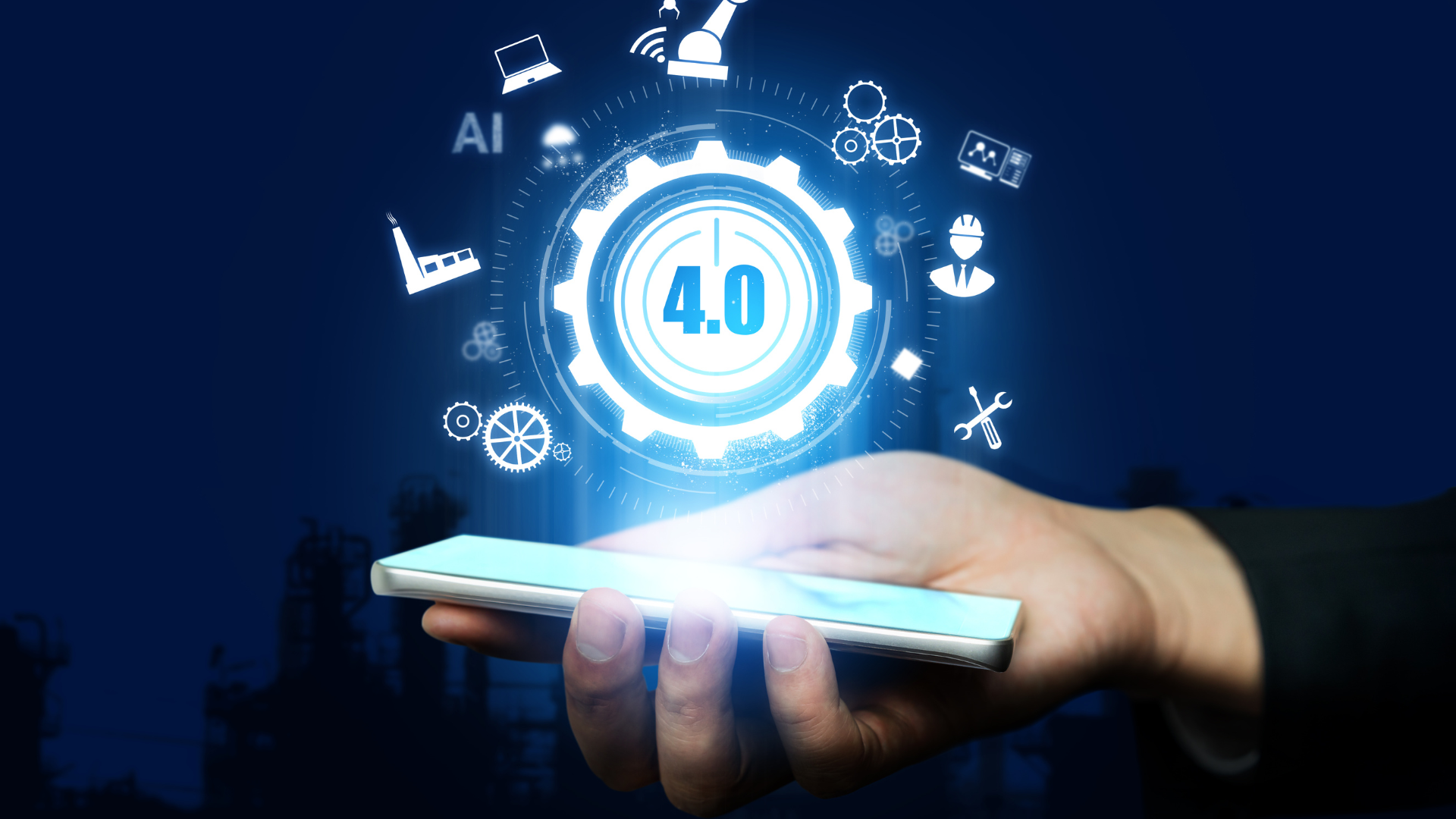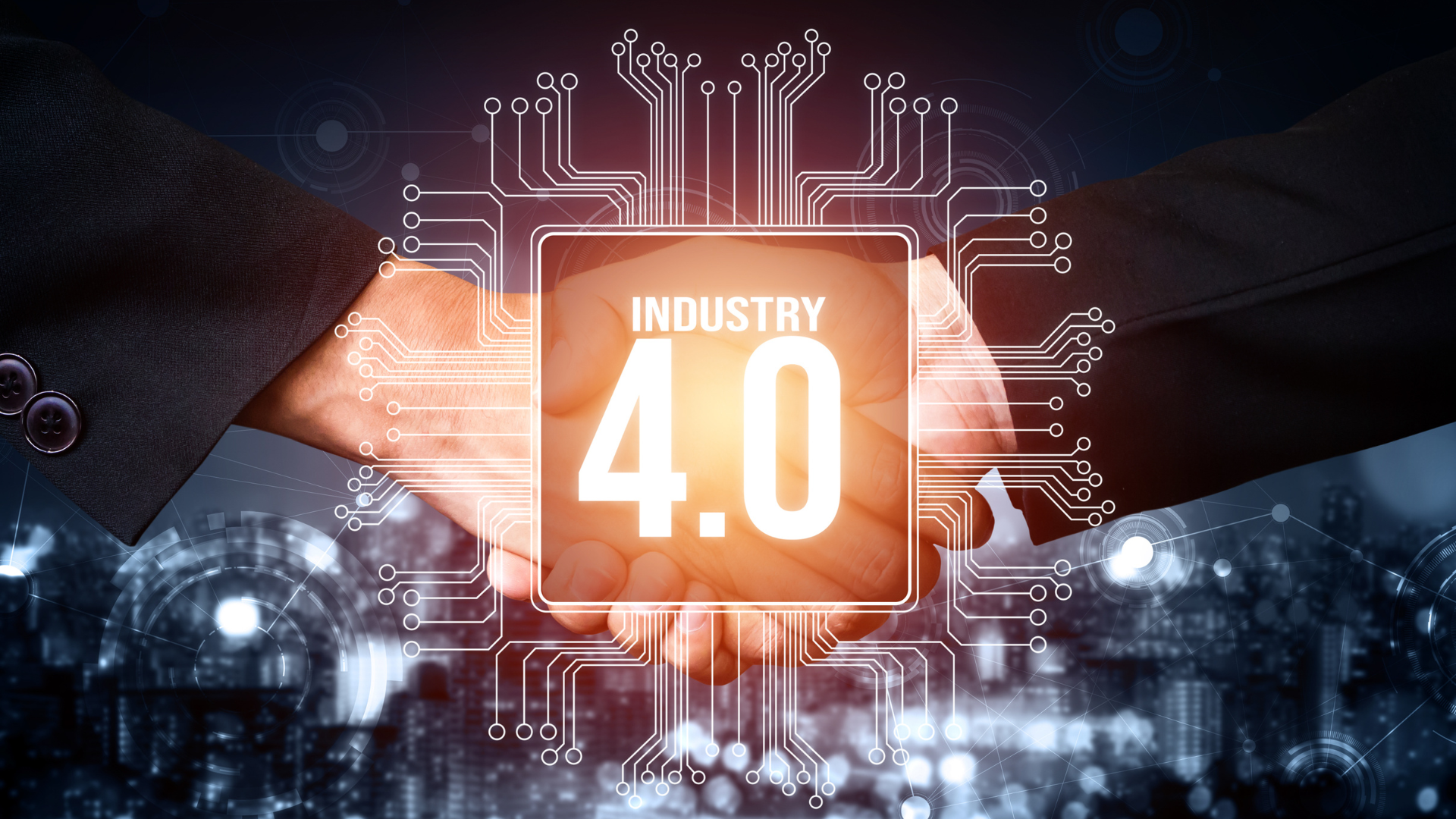The Fourth Industrial Revolution, often referred to as Industry 4.0, is a transformative era that goes beyond its primary association with manufacturing. While it undoubtedly revolutionizes the manufacturing sector by introducing technologies like automation, robotics, and the Internet of Things (IoT), its impact extends far beyond this realm. One significant area where the Fourth Industrial Revolution has profound effects is in the service industry. Through advancements in artificial intelligence (AI), machine learning, and data analytics, businesses can enhance their customer service operations by leveraging chatbots and virtual assistants to provide round-the-clock support. Additionally, the Fourth Industrial Revolution has revolutionized healthcare by introducing telemedicine services, wearable devices that monitor health parameters in real-time, and advanced diagnostic tools powered by AI algorithms. These technological advancements have not only improved patient care but also increased access to healthcare services in remote areas. Furthermore, the Fourth Industrial Revolution has influenced transportation and logistics through innovations like autonomous vehicles and drones for delivery purposes. These technologies streamline operations, reduce costs, and enhance efficiency while minimizing human error. Moreover, education has been greatly impacted by this revolution. Online learning platforms have gained popularity as they offer flexible learning opportunities tailored to individual needs. Additionally, AI-powered systems can analyze student performance data to provide personalized recommendations for improvement. Another key impact of the Fourth Industrial Revolution lies in sustainable practices across various industries. Smart grids enable efficient energy management while reducing waste and carbon emissions. IoT sensors monitor environmental parameters to optimize resource consumption and minimize ecological footprints. In conclusion, although manufacturing experiences significant changes due to the Fourth Industrial Revolution's technological advancements such as automation and robotics; its impacts transcend this sector alone. Industries like healthcare, transportation/logistics education and sustainability are just a few examples where this revolution plays a crucial role in shaping our future society for the betterment of humanity as a whole. It influences various sectors such as healthcare, transportation, energy management, agriculture, and more.
In this rapidly evolving era of industry, it has become increasingly crucial for individuals to acquire and develop a diverse range of skills that are relevant to the changing landscape. One such skill is data analysis capabilities, which enables professionals to extract valuable insights from large datasets and make informed decisions based on evidence-backed information. Additionally, programming skills have become indispensable in managing automated systems and implementing AI algorithms effectively. As technology continues to advance, having a strong foundation in programming allows individuals to navigate the intricacies of automated systems with ease and adapt them according to specific business needs. By honing these skills, individuals can position themselves as valuable assets in today's industry, equipped with the ability to leverage cutting-edge technologies and drive innovation within their organizations.





